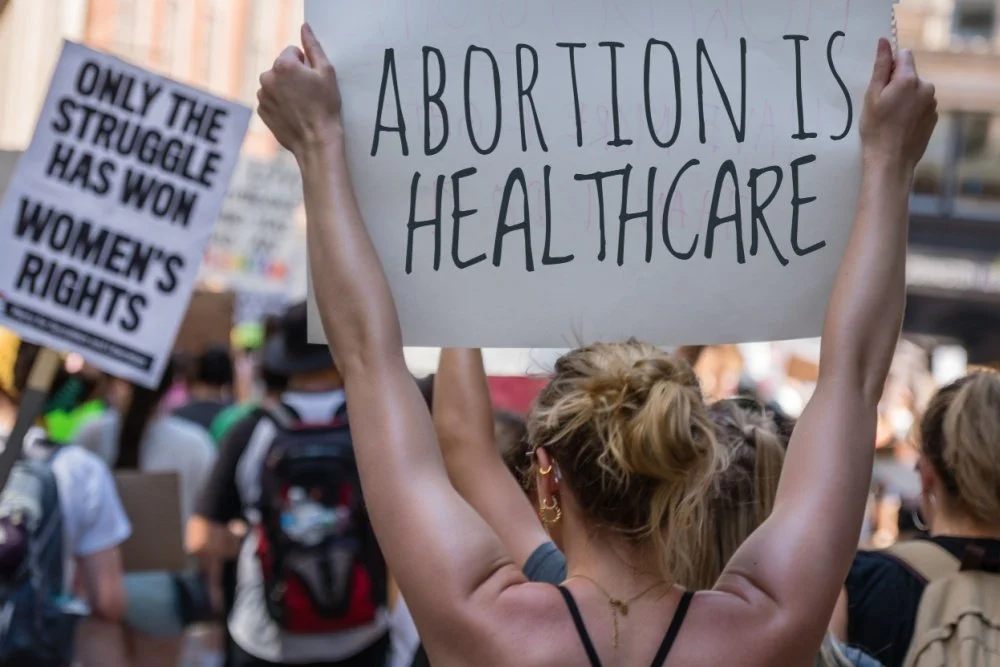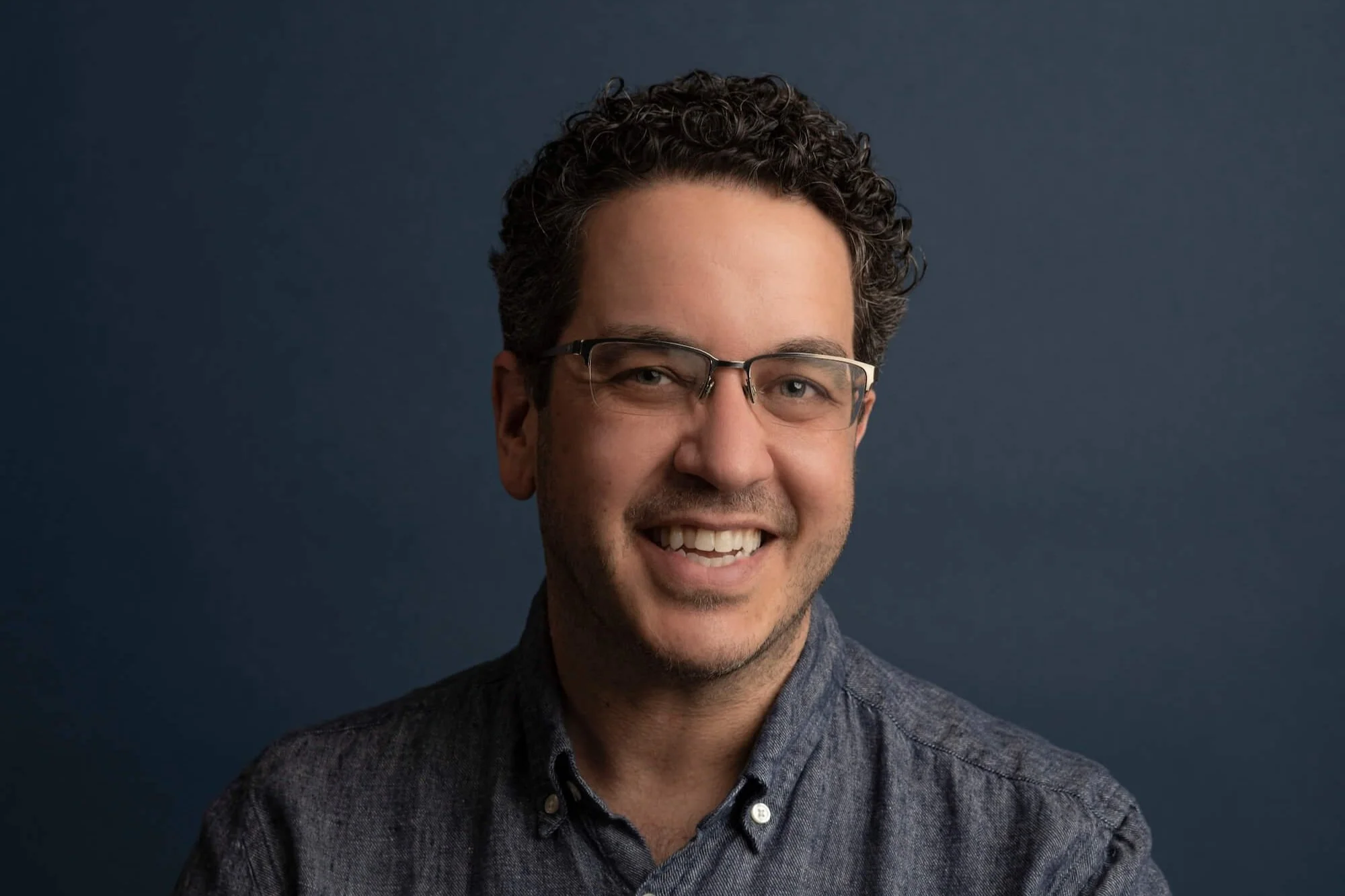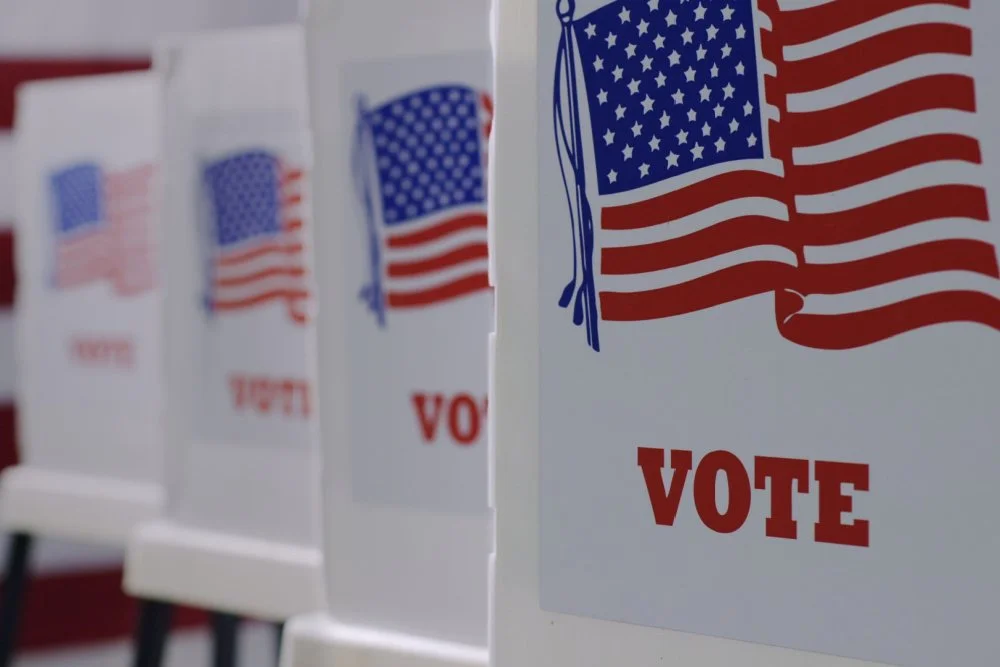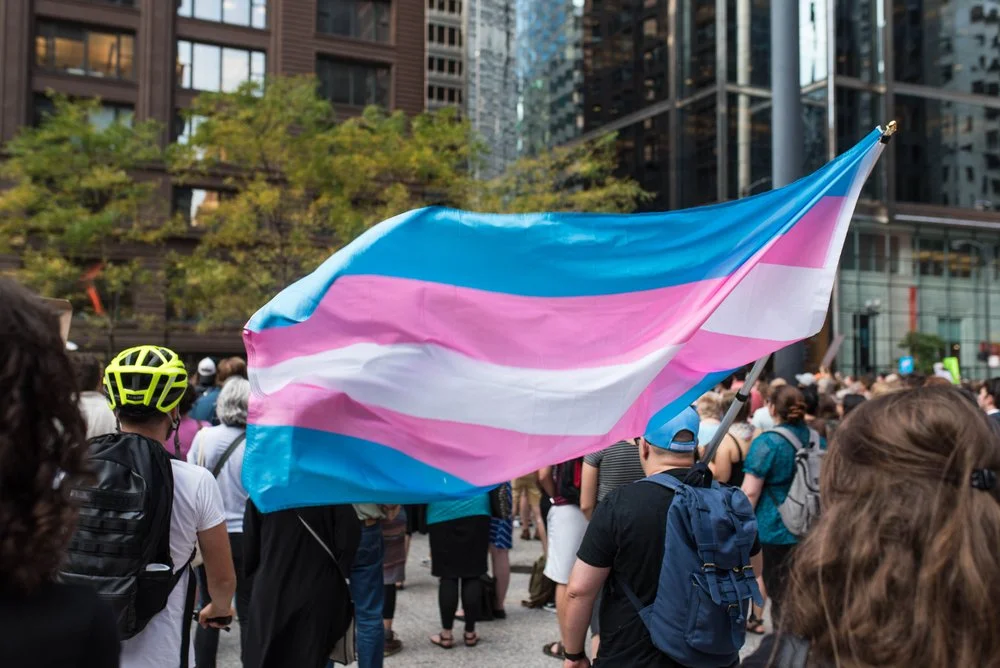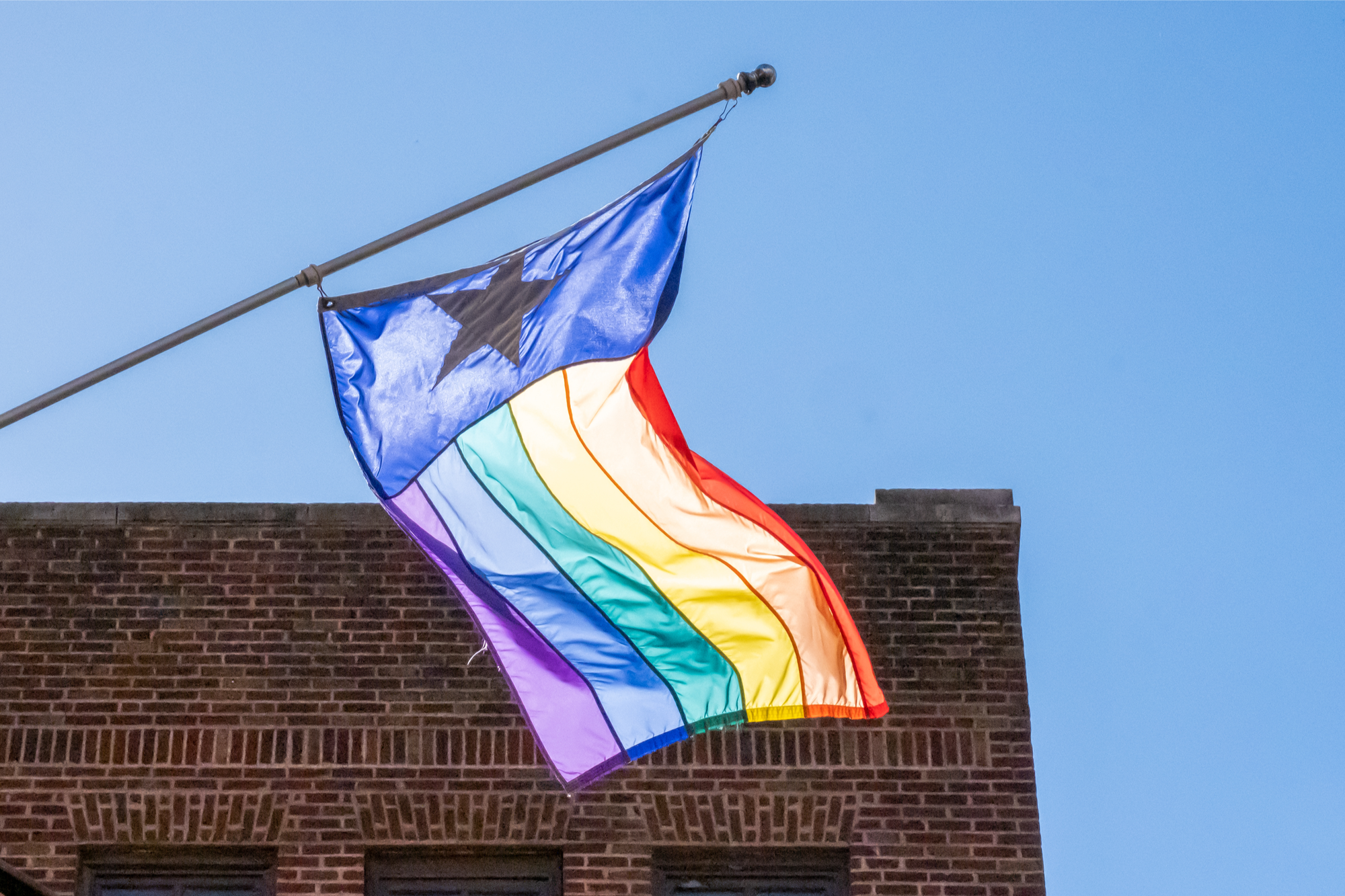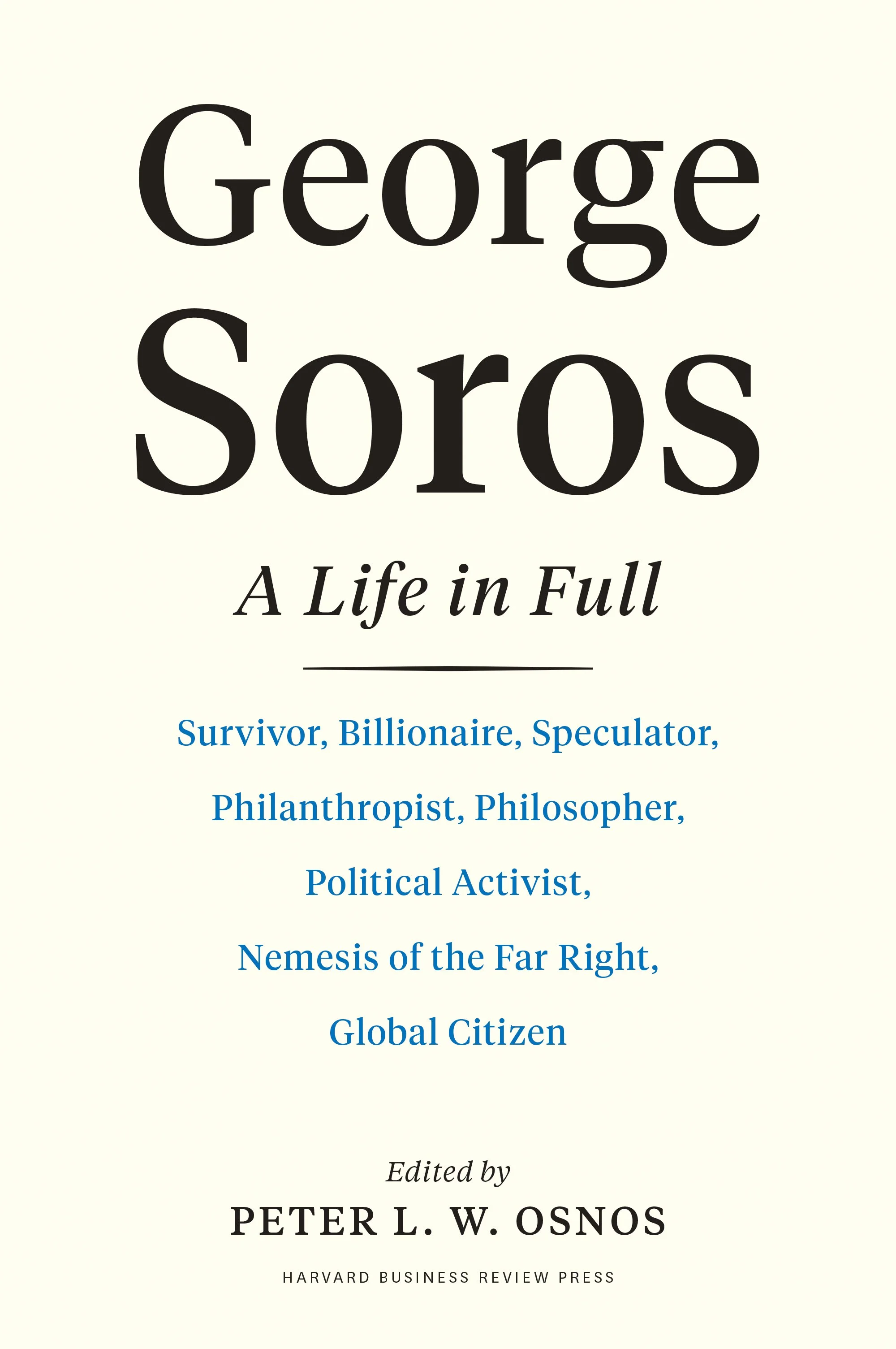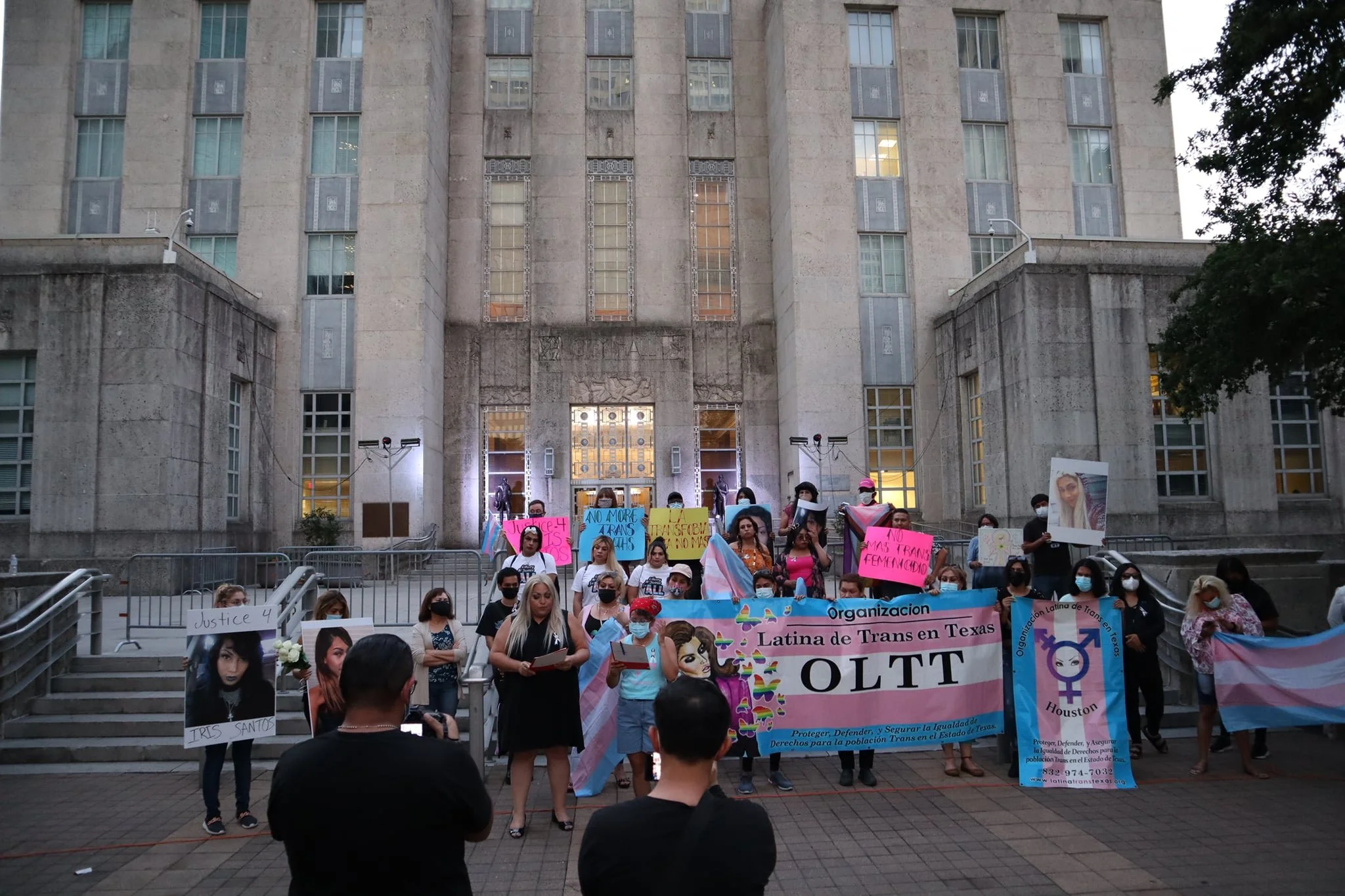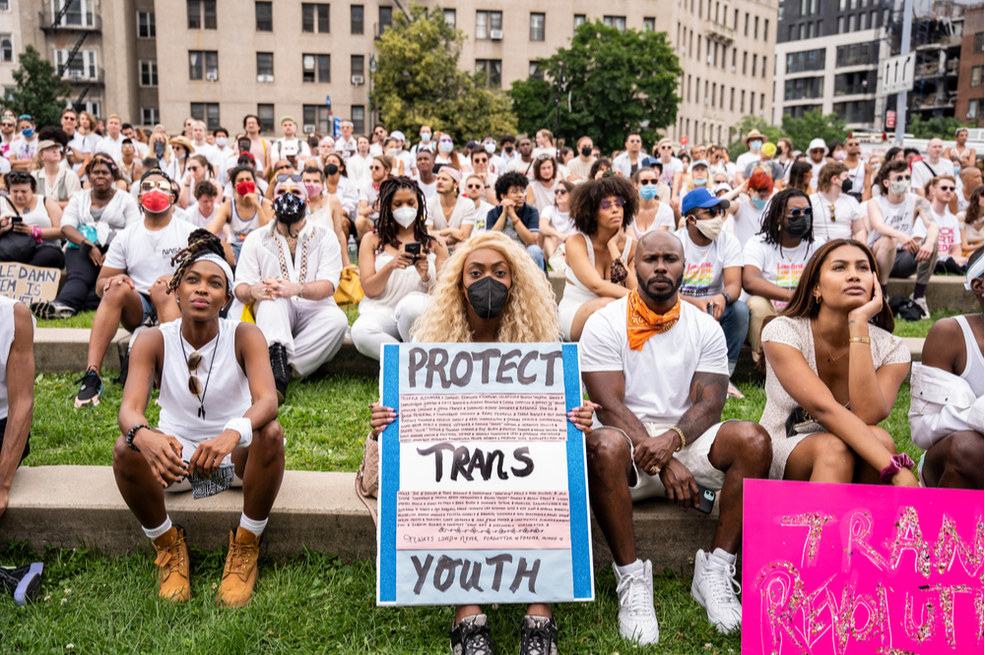With South Florida a New Epicenter for HIV, a Global Funder Thinks Locally
/South Beach, Miami
The American South has historically lagged way behind the rest of the country in terms of LGBT funding, which is problematic, considering that about a third of LGBT Americans call this region home. However, as we've been reporting, some funders are sprinting to catch up and meet the needs of LGBT people in the South, especially by way of HIV/AIDS support.
Notably, recent HIV/AIDS funding in the South is coming from foundations that typically have a much more national and international focus. For example, neither the Elton John AIDS Foundation nor the Elizabeth Taylor AIDS Foundation are based in the South, but they’ve both started paying attention to local needs, here. Other funders have also shifted some of their attention and resources.
Related: "A Hotbed for HIV and AIDS." The Duo of Funders Meeting LGBT Needs in the South
This responsiveness comes after much talk and some hard research on the shortfalls of funding for LGBT work in the South. Funders for LGBTQ Issues has played an important role in shining a spotlight on the funding disparities, releasing a series of reports starting with "Out in the South," published in early 2014. It also hosts the Out in the South Fund, which it describes as "a pooled fund that aims to strengthen local LGBTQ funds and Southern funding collaboratives as sustainable sources of locally rooted LGBTQ funding," and to boost the capacity of "local community organizations making a positive impact on the lives of LGBTQ Southerners."
A mix of national and local funders is behind this effort, including the Arcus Foundation, the Chartrand Family Foundation, and Community Foundation of Middle Tennessee. Last year, the fund spread around nearly a dozen grants, mostly for $50,000, to groups across the South working to expand LGBT giving.
Another good example of the local activation that been happening is the Campbell Foundation, which is solely devoted to HIV/AIDS research. Based in based in Fort Lauderdale, Florida, the foundation has funded over 140 HIV/AIDS research projects all around the world over the past 22 years. This is a small, niche foundation that fills education, prevention, and research gaps where needed in the field. Many Campbell Foundation grantees have been able to turn these types of grants into larger opportunities for funding with the National Institutes of Health.
Most recently, Campbell has been filling some of those gaps in South Florida. That's because South Florida has been named an epicenter for new HIV cases, prompting the funder to keep some funds in its home state.
Bill Venuti, a trustee for the Campbell Foundation, said:
These fast-track grants to South Florida-based researchers show our board of directors’ ongoing commitment to addressing HIV/AIDS right here in our own backyard. While many of our research funding goes outside of Florida, there are labs right here conducting research projects that may have a deep, lasting impact on reducing HIV, not only in South Florida, the epicenter for new HIV infections, but around the world.
One of these new grants went toward mentoring future researchers at the Miami Center for AIDS Research (CFAR) at the University of Miami Leonard M. Miller School of Medicine. This center received a $25,000 grant to focus on spawning new research in South Florida to ultimately the HIV epidemic in the area.
A second grant of $25,000 went to the Broward Health Comprehensive Care Center in Fort Lauderdale to get high-risk, HIV-negative women on anti-HIV medication to prevent infections. As a prevention strategy, individuals who come into the clinic for testing and partners of HIV positive people can be part of the program.
The third Florida grant went to an individual researcher at the Center of Personalized Nanomedicine, Department of Immunology at the Herbert Wertheim College of Medicine at FIU. The goal, here, is to solve the issue of HIV positive patients forgetting to take their medication, thereby reducing its effectiveness and forming a drug-resistant strain of HIV. Campbell is funding research for a longer-lasting medication to help with medication adherence.
For research foundations, there can often be a tension between sending money to back the most promising projects wherever they may be, or bolstering researchers right in their home community. Campbell's local giving makes a lot of sense, given what's happening in the region. And although this is a research funder, it's worth noting that some Campbell grants go to support direct services.
HIV/AIDS funding certainly isn’t the same as LGBT funding, but there are obvious connections, and in South Florida, these linkages are top of mind right now.
Most grants by the Campbell Foundation are between $60,000 to $100,000 each, and there are no application deadlines.
Related:


